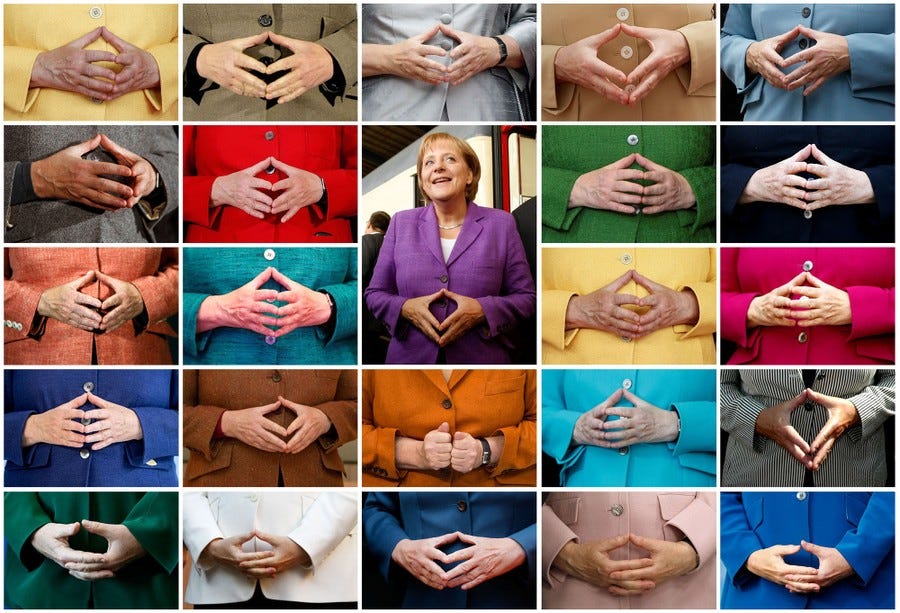Top 5: Feminism & Dr. Amia Srinivasan
Plus: Kurt Cobain, passing on classical education, and free school lunches

The Top 5 Articles for your week:
“Please Stop Romanticizing Your Child’s Lunchbox” (Substack - Burnt Toast)
Because this essay on the politics of school lunch—both the policy-decisions that fund (or don’t) them, and also the politics of the school lunch in the cafeteria—touches on the kinds of political cleavages that don’t get much attention but drive much at the local level.
“Graham Cracker Sticks are not our enemy. Nutrition perfectionism is.”
 Worth reading. Though, I'll also add that other countries (like France) have figured out how to provide school lunches that are dignifying and of decent quality, and too often the school lunches we provide in this country reflect what we think about those who would eat them."The real question—that may very well determine whether or not universal free lunch becomes a permanent part of the American education system—is: Will Nice White Parents let our kids eat school food?" https://t.co/oUuVMDYCIy
Worth reading. Though, I'll also add that other countries (like France) have figured out how to provide school lunches that are dignifying and of decent quality, and too often the school lunches we provide in this country reflect what we think about those who would eat them."The real question—that may very well determine whether or not universal free lunch becomes a permanent part of the American education system—is: Will Nice White Parents let our kids eat school food?" https://t.co/oUuVMDYCIy Anne Helen Petersen @annehelen
Anne Helen Petersen @annehelen“A Woman and a Philosopher: An Interview with Amia Srinivasan” (Paris Review)
Because Dr. Amia Srinivasan is arguably the most popular feminist philosopher in the world right now, and she’s just released her new book of essays expounding on ideas from sex positivity to student-teacher relationships. It’s worth paying attention to how discourse around sexual ethics in the #MeToo era unfolds. For a more accessible (i.e. easier-to-read) essay on Srinivasan’s latest book, read Michelle Goldberg’s op-ed in the NYT. The Boston Review has a review of Dr. Srinivasan’s book, along with two other new books about sexual ethics and feminism, that’s also worthwhile.
“The U.S. has more in common with South America than Europe” (The Week)
Because Samuel Goldman argues that in key ways across economics, culture, religion, and ideology, the US shares more with South America than it does with Western Europe.
Today, on religion, guns, and even trivial matters like food or music, immediate neighbors like West Indians and Mexicans are closer to U.S. norms than the French, Norwegians, or the English themselves.
“Searching for Plato With My 7-Year-Old” (NYT)
Because this is a lovely little essay on the things we inherit from those who raise us, and what we pass on to the next generation — and what it feels like to do so.
When it was too hot to be at the beach, too hot to think about moving a muscle, we read Aesop’s fables and worked through sets of spatial-reasoning exercises, which to my relief she found the opposite of a chore, something akin to play, much the way I had. I have seldom been physically farther away and closer to my father in spirit than in these moments of improvised pedagogy. With the sudden distress the math problems sparked in her, it was as if the generations were collapsing — I was simultaneously both of them.
“My Time with Kurt Cobain” (New Yorker)
Because in another excellent personal essay this week, Michael Azzerad, a former biographer and friend of rocker Kurt Cobain, reflects on how the singer’s life and death permeates his own life 28 years later and also tries to dispel some of the myths that now surround Cobain’s death.




